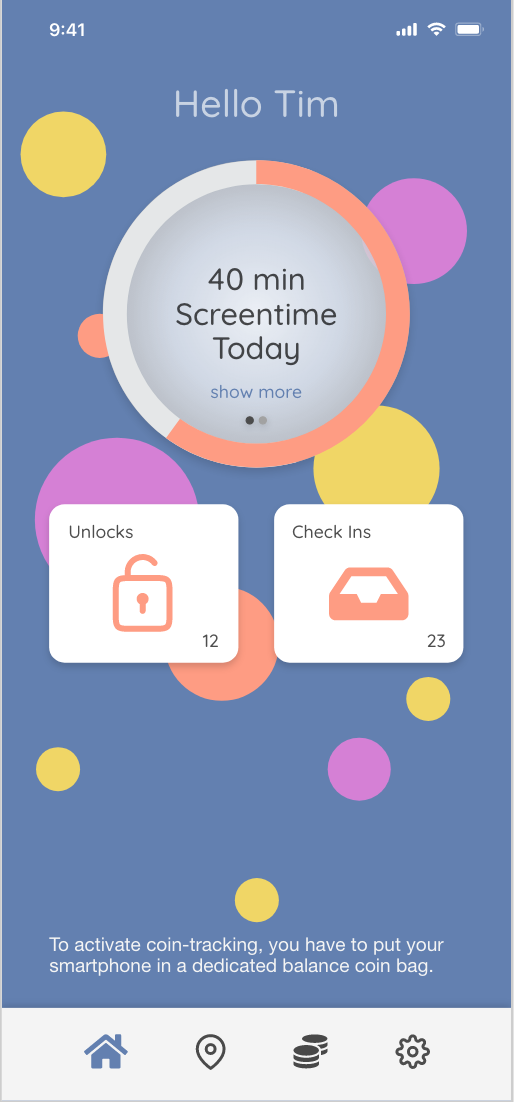Too much screen time
In our group work, we would like to discuss the long periods of screen time of young people in especially, and find methods to reduce them as much as technically possible.
We all are familiar with it: you are on your way to the train, you want to check the time, take a quick look at your mobile phone – and it’s your turn. You have a new Instagram notification, another Whatsapp message from a friend and before you realise it, you’ve been active on 3 apps and still don’t know what time it is. Situations like this are common and are increasingly becoming a problem. It starts with a little 5 minutes, until hours later you find yourself watching an insignificant animal video on YouTube. But it is not only the loss of time that is a major factor for people, but also their relationship to their social environment, which they lose more and more through this type of behaviour. According to the latest studies, one out of four 18-29 year olds spends more than 4 hours online every day. The figures of our group also agree with this – each one of us spends an average of more than 6 hours a day online.The consequences are easy to deduce, physical impairments such as headaches and neck pain, a decrease in vision and our ability to pay attention. In addition to the physical symptoms, there are also the psychological ones. All the online time affects our sleep rhythm, the false values on social media tempt us more and more out of touch with reality and so everything contributes to the loneliness of ourselves.
The coronavirus pandemic in particular has set the whole thing in motion again. Because in this Country, numerous contact restrictions and lockdowns are leading to the fact that you can only communicate with all your friends via apps like Facetime and Whatsapp. Online lectures and seminar papers on laptops also make us digress more and more into social media and other online activities.
Although many studies have already confirmed it, and researchers have been warning for years about the harmful effects smartphones have on our lives, they still play an important part in our lives. In our group work, we would like to further explore the reasons behind the problem and find opportunities to make it easier to leave the mobile phone behind again. And thereby regain a connection to true reality.
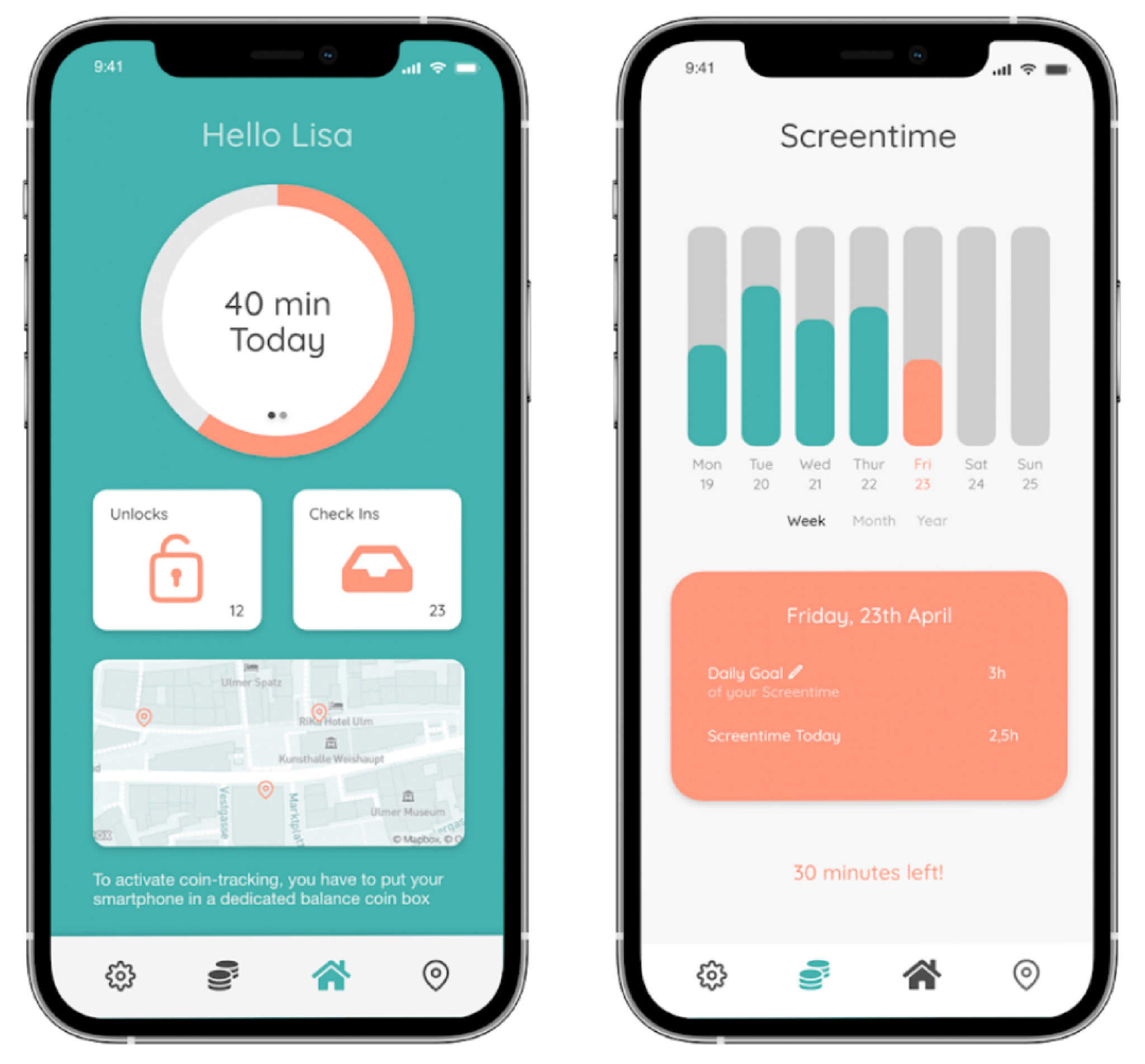
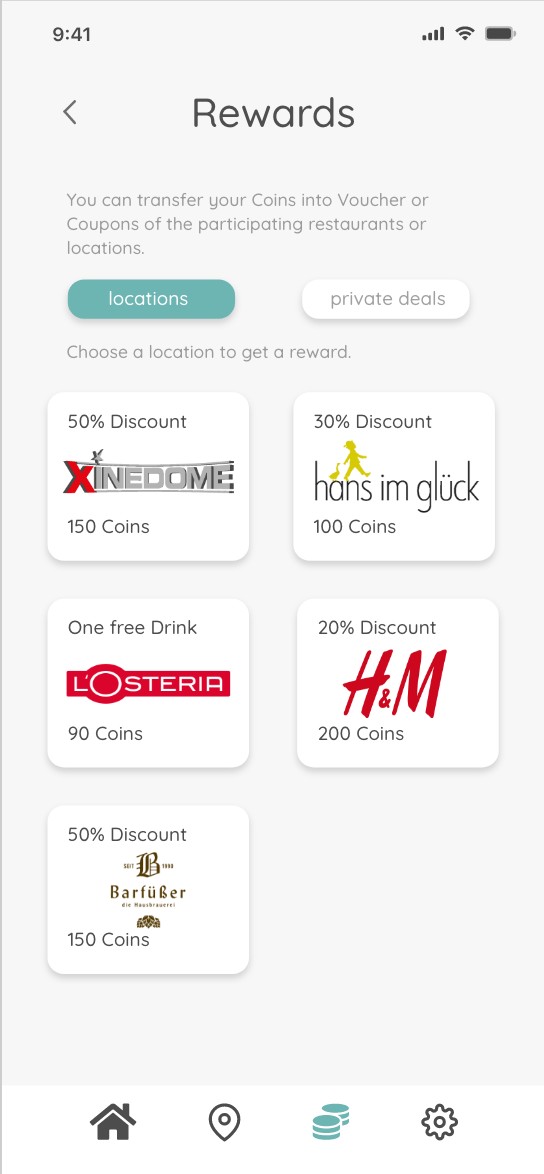
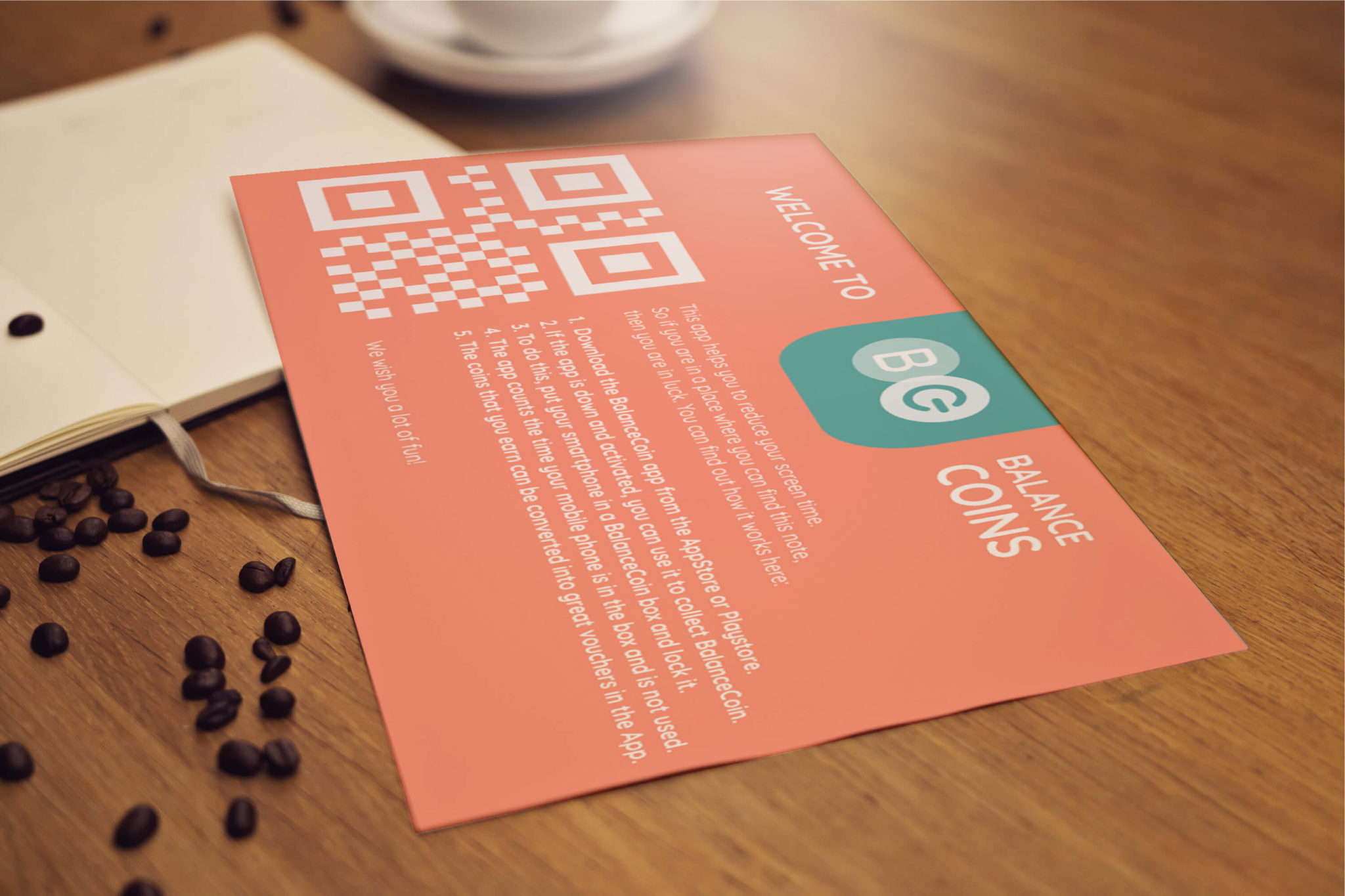
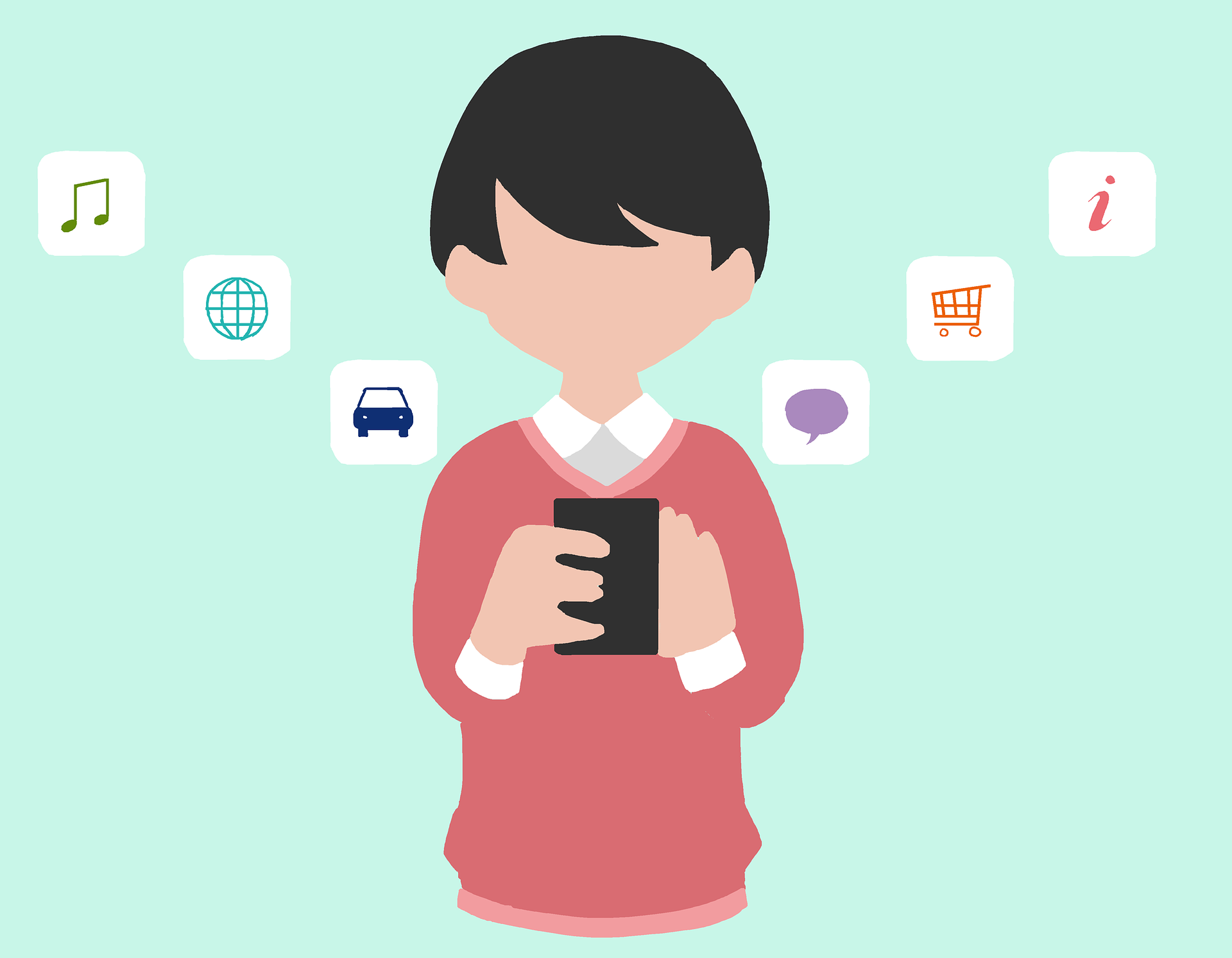
In order to deal with this problem, we have thought of several solutions that could solve this problem. On the one hand, we have collected ideas to make it easier to put the mobile phone away, for example by setting time limits or alarm clocks, via post campaigns or apps that block the mobile phone or the notifications.
Ultimately, we developed an app that counts the time that you are not on the phone. The app works together with a bag. If the cell phone is in the bag, you can collect points for it. These points can then be exchanged for vouchers from restaurants or bars and even in schools. The bag will be found in any location that wants to participate and the locations can set their vouchers and rewards by themselves. This should motivate people to go out more, do something with friends and forget about their cell phone or even concentrate more in school. It is also possible to send coins to other participants or to sell things by yourself in exchange for coins. This leads to the coins being an own currency itself. The app is supported by a poster campaign and flyers that can be found in the locations. In addition, the app is scheduled to be published as soon as the corona pandemic is over. A good time because people want to do more again and may not want to use their cell phones as much.
Another function that the app has is that you can block push notifications from other apps that take up a lot of screen time.
The app is called Balance Coin. Balance stands for the balance between the smartphone and the smartphone-free time. The coins are the points you can collect when you lock your cell phone in the box. Furthermore, care was taken to keep the app very simple so that it does not motivate you to use it for a long time and attract attention.
To test the effect and the design of our app, we did a survey with our friends and flatmates and got the following feedback. Many would use the app if they wanted to reduce their screen time and find the rewards system very good.
Okay, now we would like to thank you for your attention and if you have any questions, please feel free to ask them now. In conclusion, let’s put the phone down more often and spend time together.
